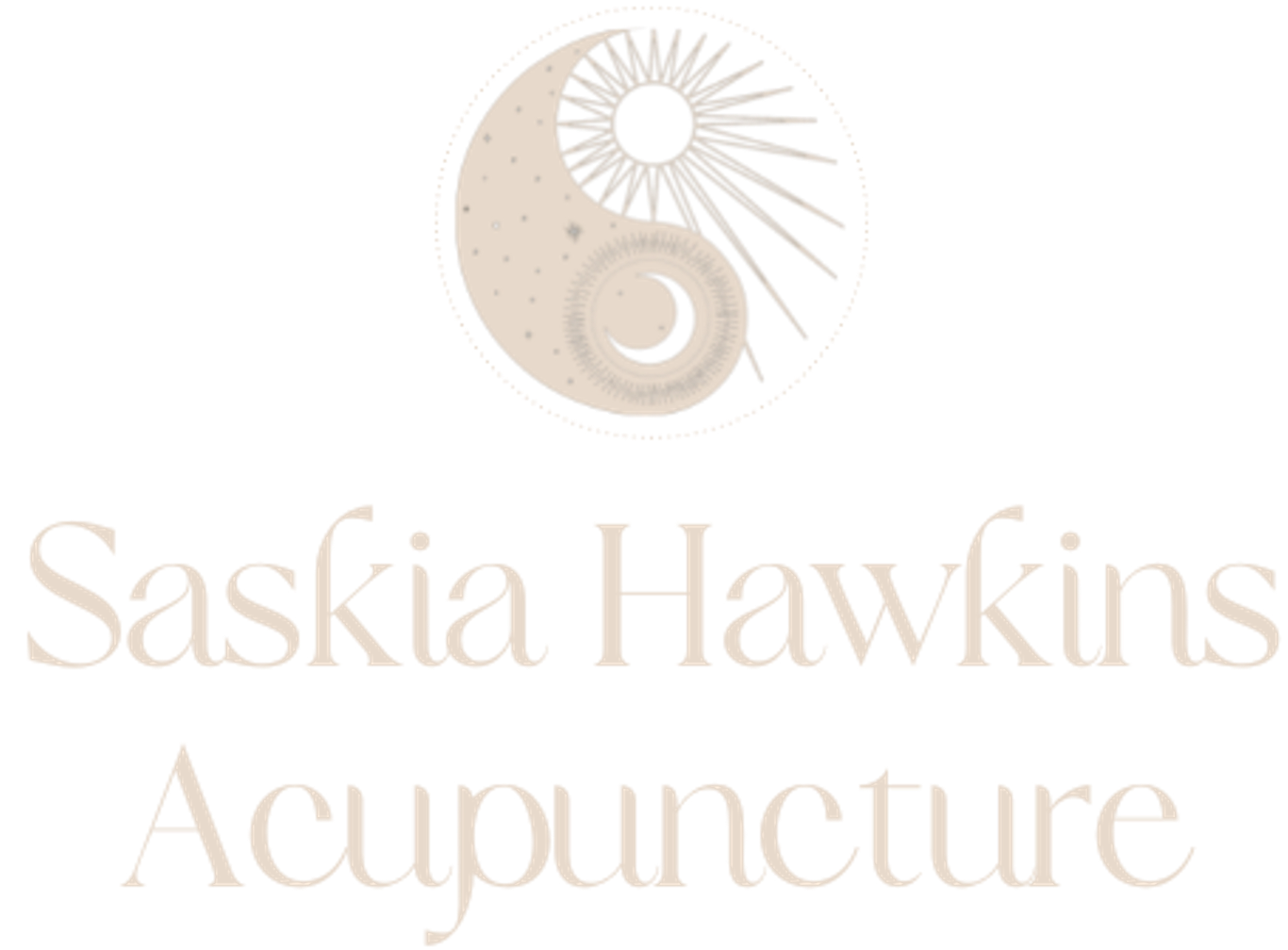Exploring Acupuncture: Dispelling Common Misconceptions
Most people have heard of acupuncture – ‘the thing with needles’. Yes! But it is so much more. It is now thankfully gaining more mainstream attention for its potential to support various health concerns and conditions, from chronic pain to stress relief. However, despite its growing popularity, there are common misconceptions which can discourage people from considering this wonderful and powerful treatment as an option. So, I’m here to clear up some of the most common ones.
Myth #1: Acupuncture is Painful
This is one of the most common concerns about acupuncture, that it must be painful since it involves needles. Many of us have grown up associating needles with medical procedures and unpleasant experiences. However, acupuncture needles are incredibly thin - much finer than those used for blood tests or injections, as no liquid needs to pass through them.
Most people experience little to no pain during acupuncture treatments. At worst, you might feel a slight pinch or you may feel sensations such as a dull ache or tingling when the needle is inserted - this is completly normal. I always explain the process during the insertion of needles and ask for feedback to make sure you are at ease. Many people find acupuncture deeply relaxing and even fall asleep during sessions, enjoying a little "acu nap"!
Myth #2: Acupuncture is Just a Placebo
It is sometimes claimed that any benefits from acupuncture are purely placebo effects. However, numerous scientific studies (ask me – I have dozens of them!) have demonstrated that acupuncture has physiological effects on the body including stimulation of endorphins and affecting neurotransmitters that help regulate mood and pain. Clinical trials have shown acupuncture to be effective for many health concerns, such as migraines, anxiety, menopause, chronic fatigue, long Covid etc.
Myth #3: Acupuncture is Only for Pain Relief
While acupuncture is widely known for its ability to treat pain, it can support so much more including a variety of physical and mental health issues. Acupuncture has been shown to help with digestive disorders including IBS, insomnia, stress, anxiety, and male and female fertility. The British Acupuncture Council and Evidence Based Acupuncture have some interesting articles and statistics to read. You also don’t have to have ‘something wrong’ to have acupuncture - many clients use it as a preventative medicine which is its traditional use and come for seasonal boosts, wellbeing and relaxation.
Myth #4: Acupuncture Doesn’t Work Because It’s Not Scientific
This misconception likely stems from the fact that acupuncture is based on traditional Chinese concepts like "Qi" (life energy) and "meridians," which may understandably sound quite mystical to those unfamiliar with Eastern medicine. However, modern science is beginning to validate many of acupuncture's effects. MRI studies have shown that acupuncture can stimulate certain areas of the brain associated with pain relief, emotional regulation, and even immune response. While we may not yet fully understand how acupuncture works, huge progress is being made and it has stood the test of time showing measurable and beneficial changes in the body.
Myth #5: Acupuncture is Dangerous
When performed by a licensed and trained practitioner, acupuncture is incredibly safe. The needles are sterile, disposable, and designed for single use to eliminate the risk of infection. The most common side effects are mild, such as slight bruising or soreness at the needle site, which usually fades quickly. Make sure your acupuncturist is a member of the British Acupuncture Council.
There are probably many more myths around acupuncture and I am always up for chatting about them – email me or ask me in clinic when you come and try it out!
